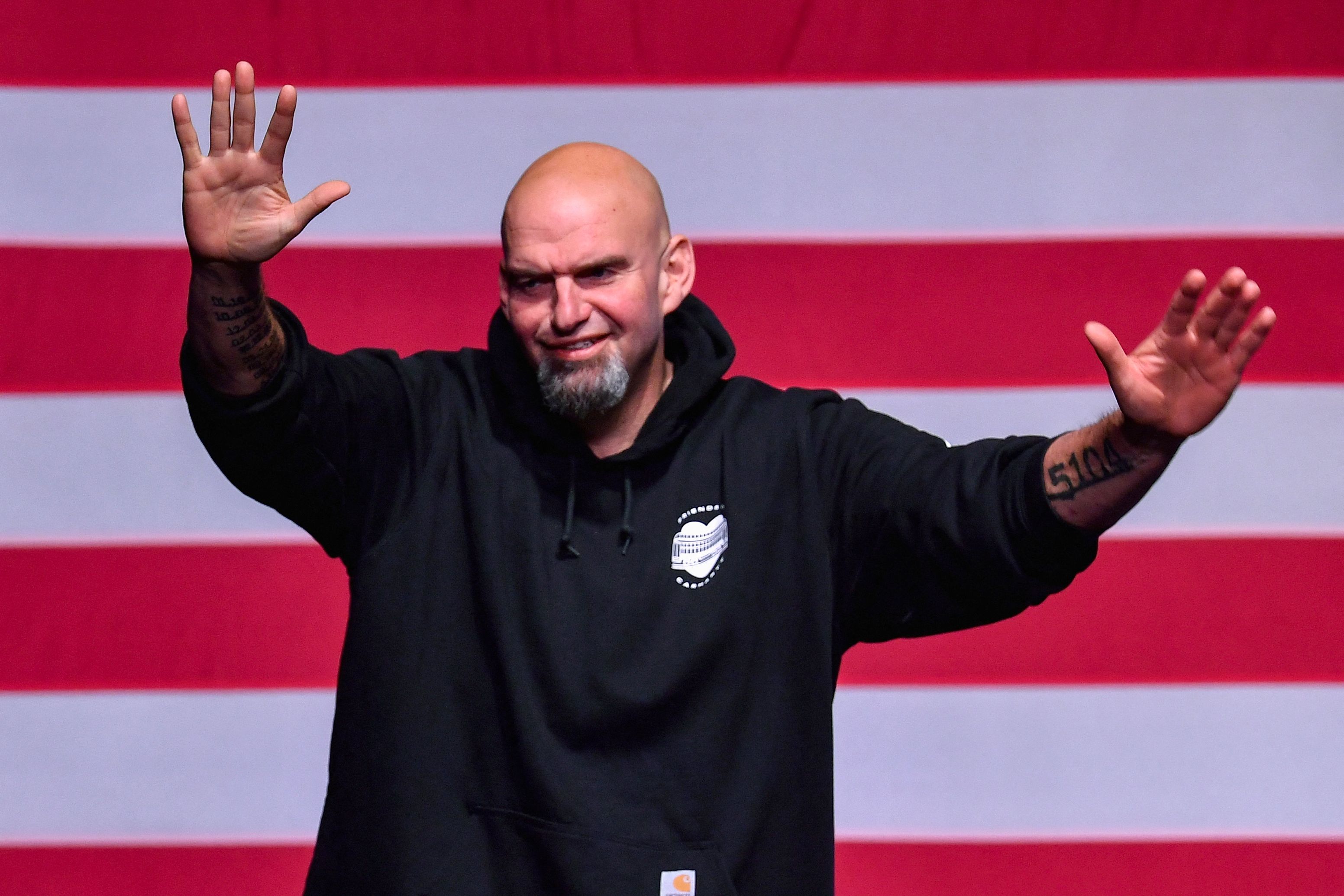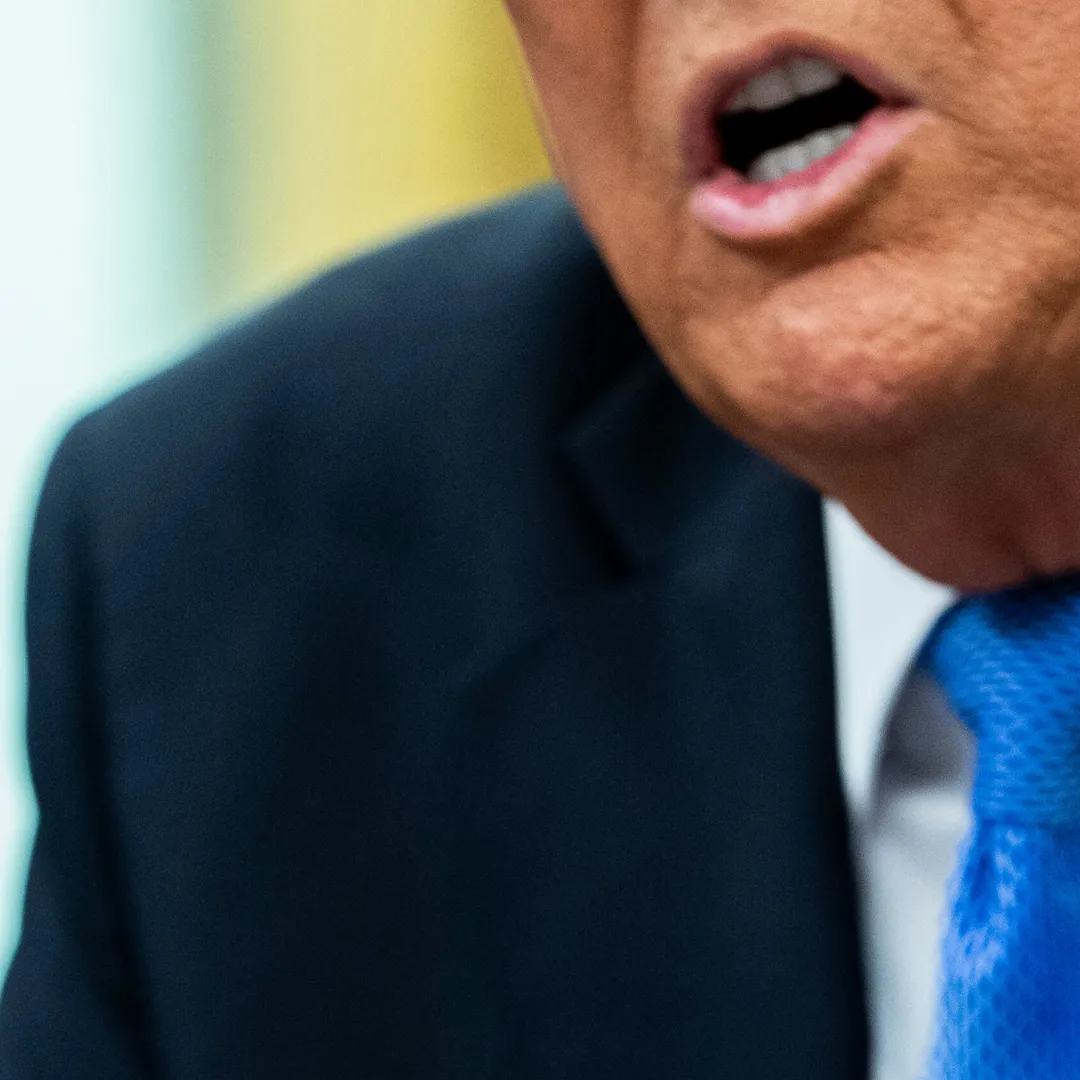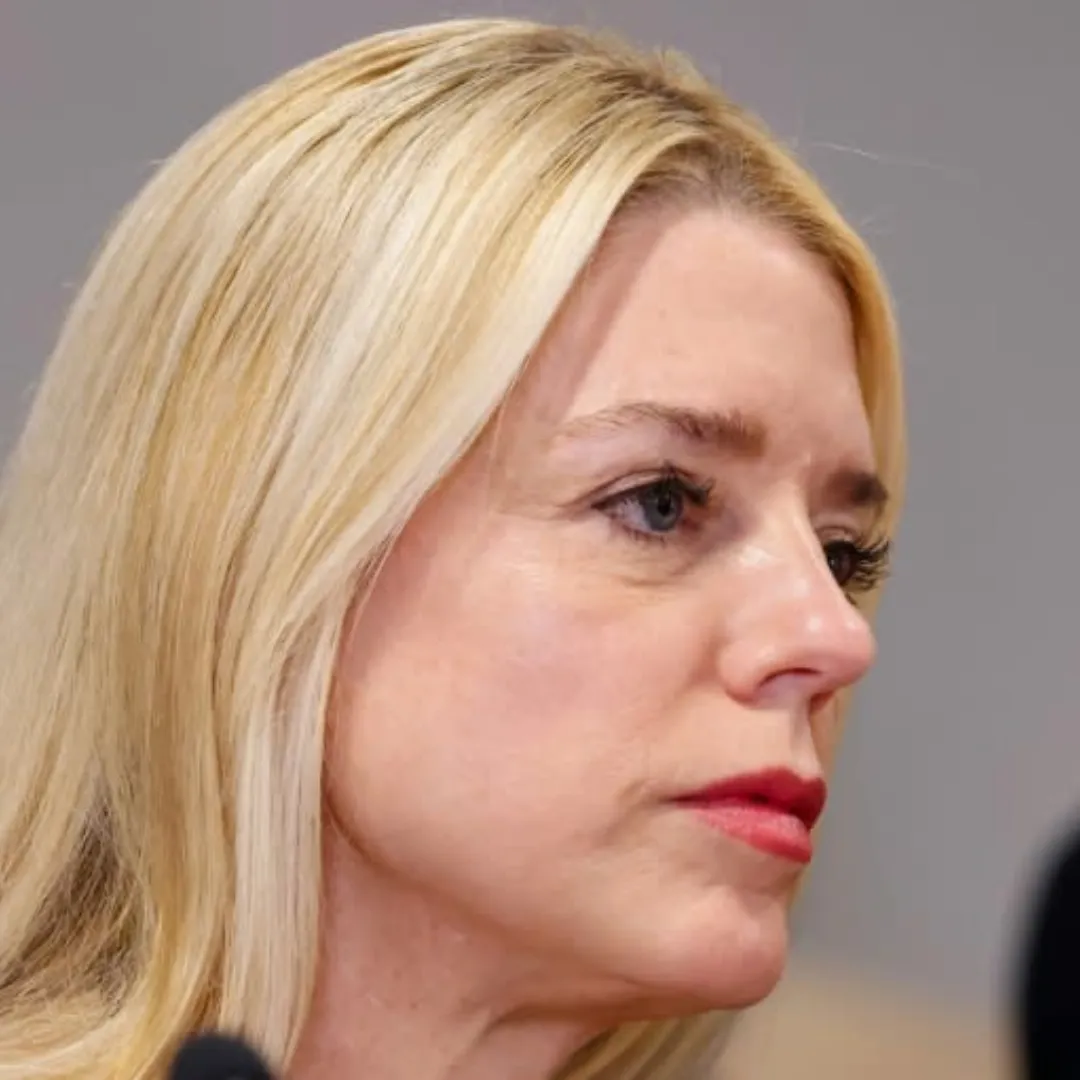
In a political turn that has stunned many of his supporters and colleagues, Pennsylvania Senator John Fetterman is now facing calls for his resignation after a series of actions that appear to have drawn him closer to the Republican Party and President Donald Trump. The most vocal of these critics is Matt Roan, the chair of the Cumberland County Democratic Party, who wrote a guest editorial for PennLive on March 22, accusing Fetterman of abandoning the core values of the Democratic Party.
Fetterman, the first Democrat to win a Senate seat in Pennsylvania in a generation, rose to prominence largely on the back of his progressive credentials. Yet, over the past few months, his increasingly moderate stances, especially on issues traditionally championed by Democrats, have led to significant pushback from his base.
Roan’s editorial, in particular, has brought these tensions into sharp focus, as he outlines the growing dissatisfaction within the Democratic Party over Fetterman’s shifting alliances.
For those who supported Fetterman in his 2022 Senate campaign, the signs of a shift toward the right have been disconcerting. Roan points to several key moments that have raised questions about Fetterman’s commitment to Democratic values.
One of the most notable actions came in early February, when Fetterman voted to confirm Pam Bondi, a former Florida attorney general and staunch Trump ally, to the position of U.S. Attorney General. Bondi, who refused to say that Trump lost the 2020 election when asked by senators, was widely opposed by progressives, and Fetterman’s vote in favor of her confirmation has raised alarm bells.
Roan also takes issue with Fetterman’s support for a Republican-backed government funding bill, which, according to Roan, would “enable the continued decimation of federal agencies at the hands of South African billionaire Elon Musk.” Fetterman’s stance on this bill, which was fiercely opposed by House Democrats, has further distanced him from his party’s more progressive wing.
By aligning himself with Republicans on this issue, Fetterman has placed himself at odds with many of the policies that won him support in 2022.

One of the most significant points of contention between Fetterman and his critics is his growing alignment with President Trump and the Republican Party. Fetterman has been open about his willingness to work across the aisle if it benefits Pennsylvania, but his critics argue that this willingness has gone too far.
Fetterman was the first Senate Democrat to meet with Trump after the 2020 election, a move that shocked many in the Democratic Party. While Fetterman has denied rumors that he is considering switching parties, the speculation surrounding his relationship with Trump has only intensified.
Roan’s editorial takes direct aim at this alliance, accusing Fetterman of “capitulating to Donald Trump and the Republican Party that he controls.” Fetterman’s willingness to work with Trump, coupled with his votes in favor of key Republican positions, has led to widespread criticism.
Roan’s call for Fetterman’s resignation stems from what he describes as a betrayal of the values that helped propel Fetterman into the Senate.
Another point of contention between Fetterman and his critics is his refusal to hold town hall meetings with his constituents in Pennsylvania. Roan calls out Fetterman for failing to engage with voters and suggests that the only public event where Fetterman will face Pennsylvanians is a joint appearance with Republican Senator Dave McCormick and his wife, Dina Powell, a former Trump administration official.
The event, scheduled for March 29 in Pittsburgh, is being promoted as a book promotion for the Republican couple. This appearance, coupled with Fetterman’s reluctance to engage with his constituents, has fueled criticism from both sides of the political spectrum.
For many Democrats, Fetterman’s silence on key issues and his lack of transparency with voters are seen as signs that he is no longer representing the interests of the people who elected him. Fetterman’s decision to collaborate with prominent Republicans, particularly in public events like this one, has left many wondering if his political allegiance has truly shifted.

Fetterman’s positions on Israel and immigration have also placed him at odds with progressive factions of the Democratic Party. In early March, Fetterman voiced his support for President Trump’s decision to cut $400 million in federal funding from Columbia University, accusing the school of allowing antisemitism to flourish on its campus.
This stance is in stark contrast to the more critical positions taken by progressives on Israel’s military actions in Gaza, further raising questions about Fetterman’s commitment to progressive values.
On immigration, Fetterman has supported Republican-backed measures such as the Laken Riley Act, which requires Immigration and Customs Enforcement (ICE) to detain undocumented immigrants accused of theft-related crimes. By co-sponsoring this bill, Fetterman has aligned himself with Republicans on a deeply contentious issue, further alienating his progressive base.
Despite the growing speculation, Fetterman has publicly denied any intention to switch parties. In a January interview on The View, Fetterman was asked about rumors that he was considering becoming a Republican. “I am not going to become a Republican. I would make a pretty terrible Republican because, you know, pro-choice, pro-really strong immigration, pro-LGBTQ. I don’t think I’d be a good fit,” Fetterman said, attempting to put the rumors to rest.
He emphasized that he remains committed to being a Democrat but also expressed his willingness to work with Trump if it helps deliver results for Pennsylvania.
Fetterman’s denial has not quelled the speculation, however. His actions, including his meetings with Trump and his support for Republican-backed bills, continue to fuel the belief among some that his political views may be evolving in a more conservative direction.
As Fetterman moves into his second year in the Senate, the question of whether he will continue to align with Republicans or return to the Democratic fold remains an open one.

Matt Roan’s editorial has sparked a renewed conversation about Fetterman’s political trajectory and his commitment to the values that he ran on in 2022. Roan, who worked tirelessly to elect Fetterman and stood by him through his recovery from a stroke and depression, has called for Fetterman’s immediate resignation.
“Enough is enough,” Roan wrote, expressing his belief that Fetterman is no longer serving the people of Pennsylvania as he was elected to do.
In his editorial, Roan reflects on the Fetterman he once supported, describing the senator as someone who was once “the 51st vote for causes important to Democrats.” Now, Roan argues, Fetterman has become a leader among Senate Democrats in capitulating to the will of Donald Trump and the Republican Party.
Fetterman, whose Senate seat is not up for reelection until 2028, now faces a challenging road ahead. His approval ratings have been negatively affected by his actions in the Senate, and his future in the Democratic Party seems uncertain.
Whether he chooses to stay true to the values that got him elected or continues to chart a more centrist, Republican-friendly course will have significant implications for his political future.
For now, the pressure on Fetterman to clarify his political position continues to mount. His actions in the Senate, particularly his willingness to work with Republicans on key issues like funding and immigration, will likely remain a point of contention in the years to come.

Whether or not Fetterman heeds the calls for his resignation or continues to serve as a Democratic senator will depend on his ability to reconcile his past with his evolving political views.



